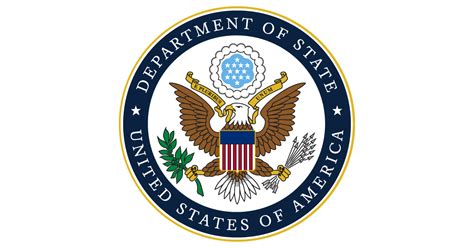The United States Department of State published its Annual Human Rights Country Reports for 2022 on March 20, 2023.
To see the full report, please see:
2022 Country Reports on Human Rights Practices – United States Department of State
In introducing the report, Secretary of State Antony Blinken drew attention to the Democracy Summit, President Joe Biden’s favorite initiative. Costa Rica, the Netherlands, South Korea and Zambia are touted to co-host the second summit with the United States to be held on March 29-30, 2023. (Bangladesh failed to qualify for the March summit as it did for the first one held in December 2021). Secretary Blinken said, “democracy, human rights, and labor rights are mutually reinforcing” and are essential for a renewed democratic environment that the largely virtual meet aimed to achieve. Referring to international law and the Universal Declaration of Human Rights, he added, “Together, we will showcase the great progress made by Summit partners and the importance of working together to meet the many challenges to democracy.”
The Secretary of State touched on war crimes and serious human rights violations in Ukraine by Russian forces, human rights violations by China, Iran, Myanmar, South Sudan, Afghanistan and Syria. But such violations against the Palestinians and minorities in India were omitted.
Bangladesh
In the Bangladesh chapter, the report goes into detail and asserts that the violations of rights continued to be committed by the administration of Prime Minister Sheikh Hasina. The police (51.2% and the notorious Rapid Action Battalion, or RAB, 28.8%) are the major perpetrators with impunity in most violations, under the much-despised Digital Security Act (DSA). The list of violations is never-ending.
The Executive Summary gives a harrowing account of the abuse of Human Rights and Democracy in the country. Transitional Repression gives the examples of popular activists/writers/journalists living overseas such as Dr. Kanak Sarwar (USA), Shamsul Alam Liton (UK), Pinaki Bhattacharya (France) and Mushfiqul Fazal Ansary (USA) and many others who have been listed in the cases of persecution; many of their relatives in Bangladesh have already been persecuted or under persecution.
The human rights violations included unlawful and extrajudicial killings, including staged crossfires, enforced disappearances, torture, life-threatening prison conditions and illegal political detentions. It also included serious restrictions on the opposition such as its politics, freedom of expression and media–print, electronic and internet–in most cases, victims facing gruesome treatments before ending up incarcerated.
The U.S. sanctions against RAB in December of 2021 produced marginal results. The Sheikh Hasina regime continued to ignore demands from the U.S., UN, EU and other international and rights organizations for improving the democratic practices, human rights, political and media freedom and election integrity of Bangladesh.
According to the report, “corruption remains a serious problem.” It cited Freedom House’s report which noted “corruption is endemic”, and remedial efforts have been impeded by “politicized enforcement.” Little action could be taken against administrative officials who enjoy virtually unlimited impunity for their unlawful acts of corruption. Transparency International Bangladesh reported last year that 70.9% percent of households had to bribe government officials for various services. Passports offices, law enforcement agencies, and the Bangladesh Road Transport Authority are the top three bribe receivers. Corruptions in corporations consume $1 billion annually in fuel subsidies.
The Coalition for Human Rights & Democracy in Bangladesh (CHRD Bangladesh) welcomes the U.S. State Department’s Country Report, particularly as it pertains to Bangladesh, and urges the authorities concerned to do everything possible to improve the practice of democracy and human rights in Bangladesh.
Most importantly, a neutral and independent caretaker administration must be formed to hold the next general election due in a few months, so that the people of Bangladesh can freely choose their future government which can follow due democratic and human rights practices. It has been proven beyond doubt that the illegal regime of Sheikh Hasina is incapable of holding a fair, participatory, and credible elections.


